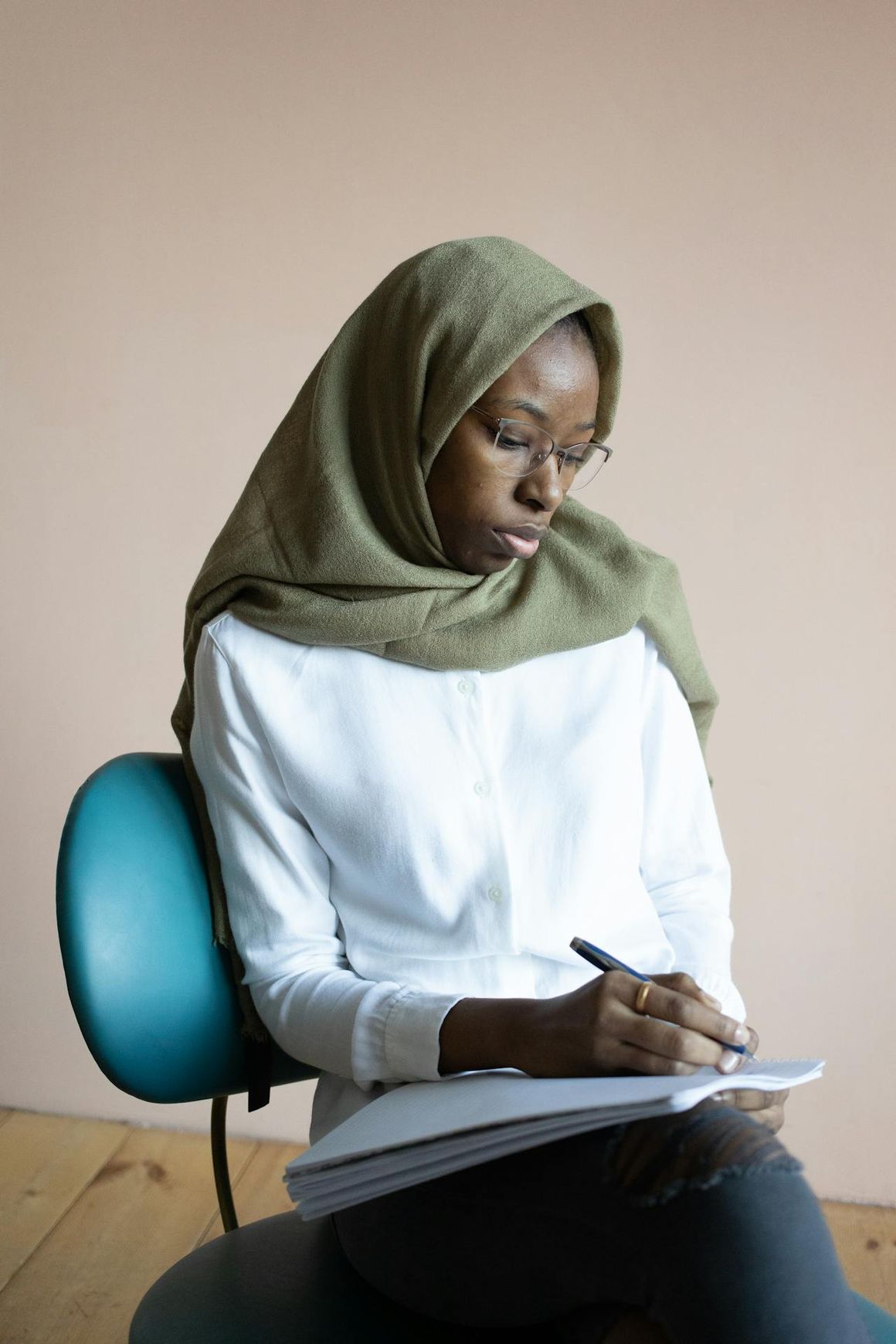Islam, a religion that emphasizes both spiritual growth and intellectual development, places immense value on the pursuit of knowledge throughout one's life. This concept isn't merely an academic suggestion; it's deeply woven into the fabric of Islamic belief and practice. From the Prophet Muhammad's (PBUH) own thirst for understanding to the Quran's explicit encouragement of reflection and inquiry, Islam champions lifelong learning as a path towards enlightenment, personal growth, and societal progress.
The Prophet Muhammad (PBUH), despite receiving divine revelations, was known for his relentless pursuit of knowledge. He encouraged his companions to seek education, even traveling long distances to learn. His unwavering commitment to learning sets a powerful example for Muslims across generations. The Prophet's own words beautifully encapsulate the Islamic perspective on learning:
Seeking knowledge is an obligation upon every Muslim.Prophet Muhammad (PBUH)
This statement underscores the universality of this principle within Islam, emphasizing that everyone, regardless of gender, age, or social standing, has a responsibility to continually expand their understanding.
The Quran itself serves as a testament to the importance of knowledge and reflection. It repeatedly encourages believers to ponder upon its verses, seek deeper meaning, and engage in critical thinking. Verses like
Are those who know equal to those who do not know?Quran 39:9
highlight the inherent value placed on intellectual growth within the Islamic faith. Beyond religious texts, Islam encourages the pursuit of knowledge in all fields – science, mathematics, philosophy, history, and more. The Golden Age of Islam saw remarkable advancements in these areas, demonstrating the religion's commitment to intellectual exploration and its positive impact on human civilization.
Embracing lifelong learning within an Islamic context offers numerous benefits:
Spiritual Growth: Deepening one's understanding of Islam through continuous study strengthens faith and facilitates a closer connection with Allah.
Personal Development: Learning new skills, expanding knowledge, and challenging oneself intellectually fosters personal growth and self-improvement.
Social Responsibility: Informed individuals are better equipped to contribute meaningfully to their communities and address societal challenges.
EnhancedCritical Thinking: Lifelong learning cultivates critical thinking skills, enabling individuals to analyze information objectively and make informed decisions.
Adaptability and Resilience: In an ever-changing world, continuous learning equips individuals with the adaptability and resilience needed to navigate new challenges and opportunities.
Integrating lifelong learning into your life can take many forms:
Regular Quran Study and Reflection: Dedicate time to reading and contemplating the Quran, exploring its meanings and applying its teachings to your daily life.
Seek Islamic Knowledge: Enroll in Islamic studies classes, attend lectures by knowledgeable scholars, or engage in discussions with fellow Muslims about religious matters.
Explore Secular Subjects: Cultivate curiosity about the world around you. Read books, take online courses, attend workshops, and pursue hobbies that stimulate your mind.
Embrace New Challenges: Step outside your comfort zone and embrace opportunities to learn new skills, whether it's a new language, mathematics, or a technical skill.
Engage in Meaningful Conversations: Seek out conversations with people who hold different perspectives and engage in respectful dialogue to broaden your understanding of the world. Remember, the pursuit of knowledge is a lifelong journey. Embrace curiosity, stay open-minded, and never cease seeking to learn and grow.


